For obvious reasons, lockdowns have been much easier to deal with for Australians who live alone. Not for them the suffocating ubiquity of partners who’ve been encouraged to work from home. Not for them the whining of needy teens who can’t be packed off to school and forgotten about for a few blissful hours. Not for them the contractual obligation to compromise, compromise, compromise on everything from what cuisine to order to what series to binge to what brand of toilet paper to hoard.
But even before Covid arrived here, the idea that adult singletons are automatically deserving of sympathy was social history in this country. Thanks partly to free and easy access to every conceivable kind of pornography, and partly to the soaring cost and increasing unattractiveness and ignorance of children, domestic solitude is now more often a life choice than a life sentence, and — according to the last national census — a choice which has been made by more than three million Australians, by no means all of them unattractive or unsociable. This makes them a much larger demographic than, say, the Aboriginal and Torres Strait Islander population, or indeed any other ethnic or socio-economic minority. And there is every reason to suppose that their ranks will swell considerably when lockdown finally ends and millions more can unshackle themselves from the unrelenting misery of cohabitation, the last few months having forced them to acknowledge a truth about which Western civilisation has long been in denial and which even that boss-eyed brainiac Jean-Paul Sartre couldn’t quite nail. FYI, J-P, L’enfer, ce n’est pas les autres, c’est les vôtres.
So if pandemic protocols persist into the New Year, as is starting to look quite likely, and if the sociopathic behaviours which Covid has encouraged are by then grandfathered in the wider community, as has been widely predicted, politicians may need to accommodate them in their federal election promises. If nothing else this might preclude another orgy of centrist consensus on big-ticket issues and help voters to distinguish one party from another. Given the Greens’ commitment to getting all cars off the road by next Thursday, for example, it would be hard for them to support the repeal of by-laws which stop solo drivers using certain traffic lanes during rush hour. And only Labor could endorse giving tax breaks to restaurants offering tables for one on the grounds that the single diner is the ultimate minority. Another singleton cause which might find broad Coalititon support would be the replacement of domestic water rates with household water meters. Those who live alone have long begrudged having to pay the same for mains access as the family of six across the street. But the iniquity of this essentially Marxist arrangement has been thrown into even sharper relief since, faced with the prospect of not getting within 1.5 metres of another human being any time in the foreseeable future, many of the three million Australians who choose to live alone have stopped washing altogether, most only wetting their hair before zoom meetings and many converting their shower cubicles into the 500 bottle wine racks of which, thanks to the strictures and deprivations of Covid containment policies, they now have a much more pressing quotidian need.
As well as beefing up the Coalition’s environmental creds and indirectly helping drought-stricken farmers, incentivising urban Australians to use less water in their homes would also endear them to the country’s single largest immigrant community: Poms. However long we stay here, and whatever we say to the contrary, the truth is that most of us never fully reconcile ourselves to what we will always regard as Australians’ unhealthy obsession with personal hygiene. And by reverting to a First Fleeter ablutions regimen some of us have saved more on soap and shampoo over the course of the past year than we’ve saved on heating bills by getting on that plane.
Got something to add? Join the discussion and comment below.
Get 10 issues for just $10
Subscribe to The Spectator Australia today for the next 10 magazine issues, plus full online access, for just $10.
You might disagree with half of it, but you’ll enjoy reading all of it. Try your first month for free, then just $2 a week for the remainder of your first year.


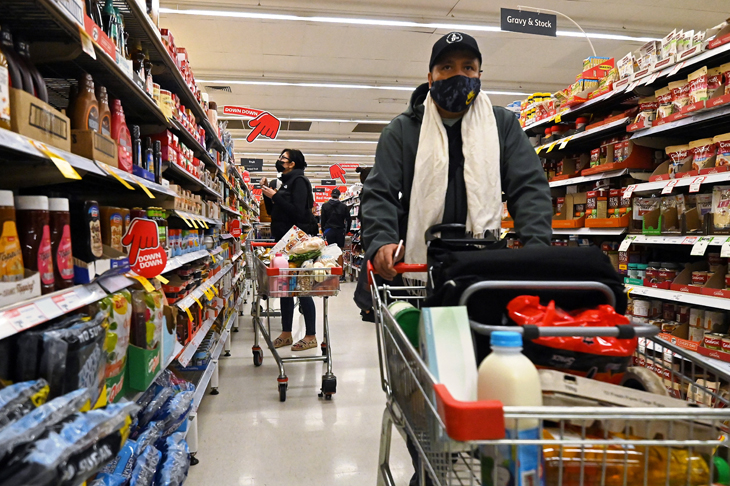

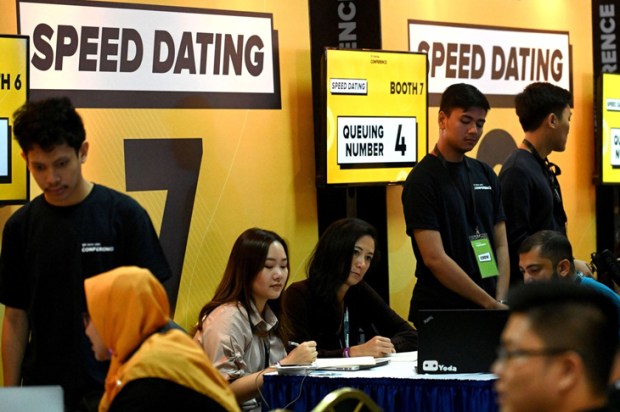
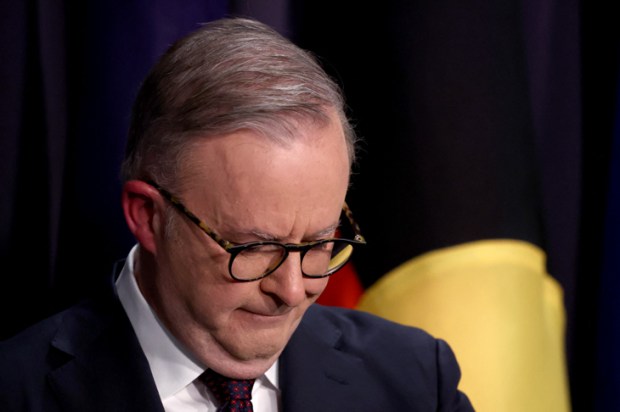
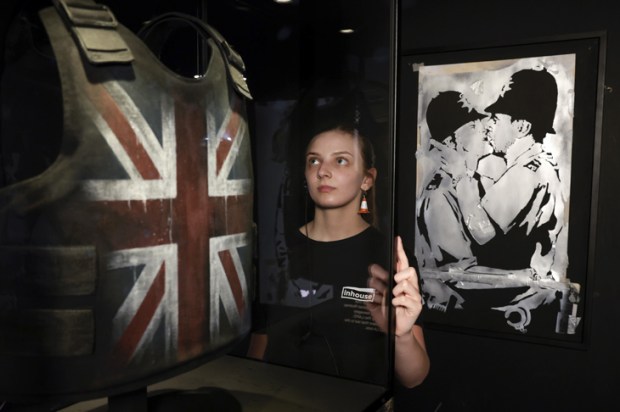
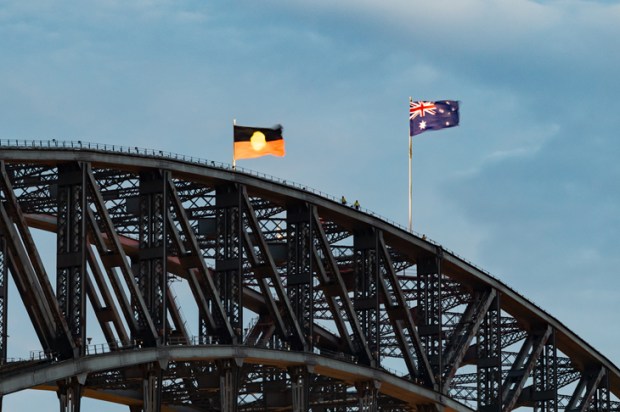







Comments
Don't miss out
Join the conversation with other Spectator Australia readers. Subscribe to leave a comment.
SUBSCRIBEAlready a subscriber? Log in